Heritage Day Convocation Celebrates Tradition of Service and Civility
Moravian College students volunteering at Second Harvest Food Bank.
On September 26, Moravian College celebrated its third annual Heritage Day with a Convocation event, featuring faculty and student speakers who focused on themes of civility and gratitude.
The event began with a musical performance by Kellen Pisani (on guitar), Matt Hotchkiss (on bass), and Quincy Wellen (on drumset). Afterwards, Provost Cynthia Kosso introduced the event as a whole, as well as President Bryon Grigsby, the first speaker.
Grigsby began with a reminder of the privilege Moravian students have to be attending this college. He asked the audience to think about the people for whom they are most grateful and to “bring them here.” Furthermore, he asked the audience to consider the people who have an influence on their lives but that they do not know, such as police officers, alumni, the men and women for whom the campus buildings are named, and Benigna, the young girl who led to the founding of Moravian College in 1742 to educate women.
Building on this theme, he asked each student how many people had given their time or effort so that he or she could attend Moravian. For this reason, he urged the audience to help those who are less advantaged than themselves, adding that he hopes “one day becomes a lifetime for you.”
After this, the Moravian Chorale performed Natalie Merchant’s “Kind and Generous,” fitting with this theme of gratefulness and thanks.
The second individual to speak was Dr. Cecilia Fox, director of the Neuroscience Program at Moravian. She began by discussing the scientific findings that relate to the emotion of gratefulness. She discussed studies performed by the Yale Center for Intelligence, in which subjects’ brains were monitored by an FMRI while gratitude was induced through stories of Holocaust survivors receiving food and clothing.
The study found that specific areas of the brain were activated by this act of gratitude and that “gratitude is strongly linked to mental health and satisfaction,” said Fox. People who experience gratitude are “protected against bitter feelings such as envy and self hatred,” she continued, and also “reduce [their] lifetime risk of depression, anxiety, and substance disorders.”
Fox ended by reiterating how there are actions of compassion and gratitude within tragedy that generate an emotion in the brain that helps produce civility and respect.
After Fox’s speech, assistant professor of English Dr. Crystal Fodrey shared a student-produced video featuring the Boys and Girls Club of Bethlehem, which showed how the organization provides a safe learning environment for children.
Next, Alec Buttner, a student at Moravian, recounted his service trip to Honduras and how dissimilar it was from the way that the residents are usually depicted. He commented on how he was able to connect with the residents despite the cultural differences and that he did not want people from the U.S. to see the residents of third world countries as any lesser than themselves. In fact, he emphasized, “We are not their saviors, and they are not our marketing pieces.”
He still thinks about the friend he made in Honduras, but often thinks about the disparities between his living conditions and those of his friend. “It’s not fair and it never will be,” he added. Buttner also said that just because he empathizes with his friend, he does not see him as any less.
The next individual to speak was Emily Graber, assistant director of International Studies. She described her service trip to Northern Ireland, where she volunteered in a place of refuge for those in danger, emphasizing how it was a location in which the opposition could speak to each other and acknowledge each other’s humanity. To her, this experience fully demonstrated hospitality and how it is necessary to understand other global perspectives and to solve problems. She added that biases, on the other hand, limit our ability to be curious and interact.
One example she included was a town in Ireland which was divided along religious lines—the one elementary school of the town was Protestant while the other school was Catholic. There was a gate between the two communities, and one mother complained about this gate and the security problems it raised. However, the interesting connection was when a mother from the other side of the town also voiced her concern about the gate, and the two mothers were shocked that the other side would feel the same way.
The last Convocation speaker was Dr. Imaani El-Burki, the dean of Diversity, Equity, and Inclusion. She began by focusing on the distinction between empathy and sympathy, particularly about how the former involves realizing that one could be exactly in the same place as the other. She encouraged the audience to use empathy to challenge macro-level inequalities and understand that we could easily be in another person’s shoes.
Encouraging and celebrating civility, the ceremony ended with a call to practice skills of gratitude and service and recognize how they will make us happier in the long run.


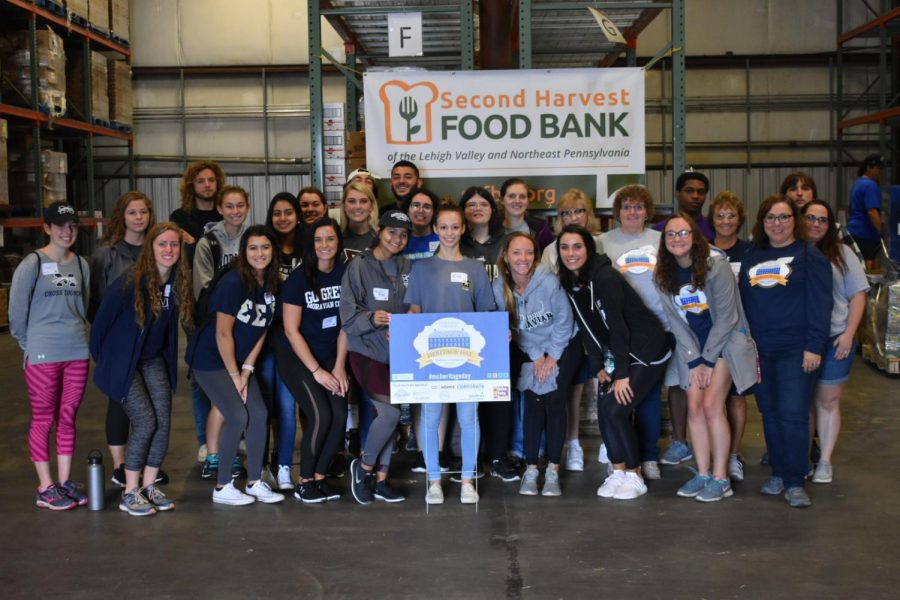


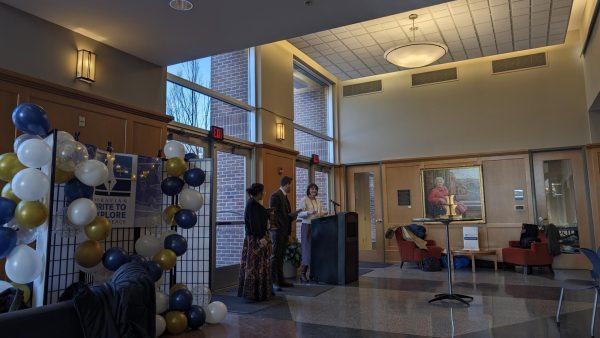


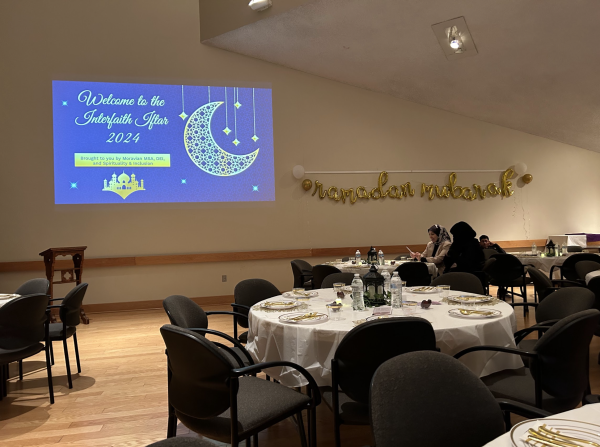
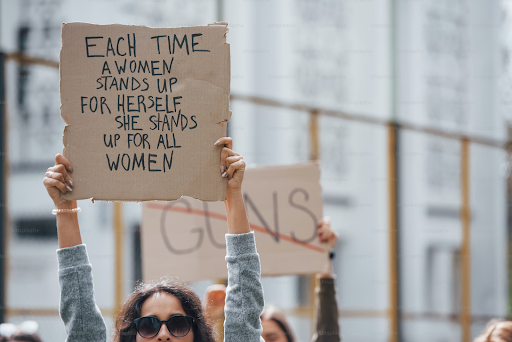
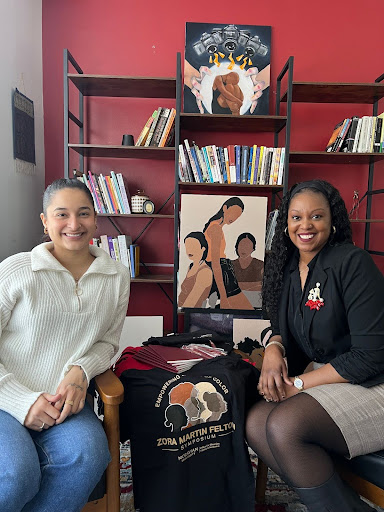
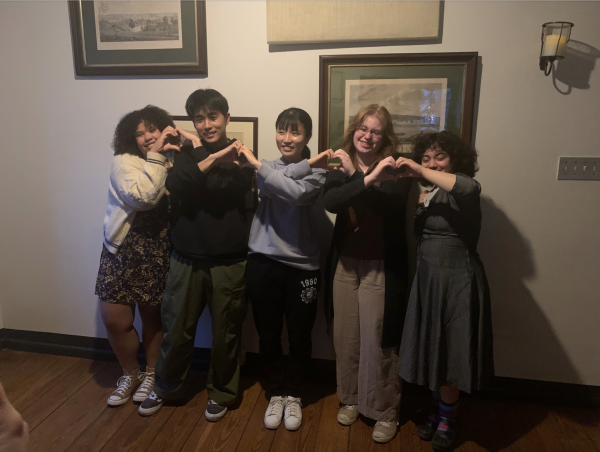
Diane Husic • Oct 5, 2018 at 9:23 pm
Nice coverage of this special day. Thanks!